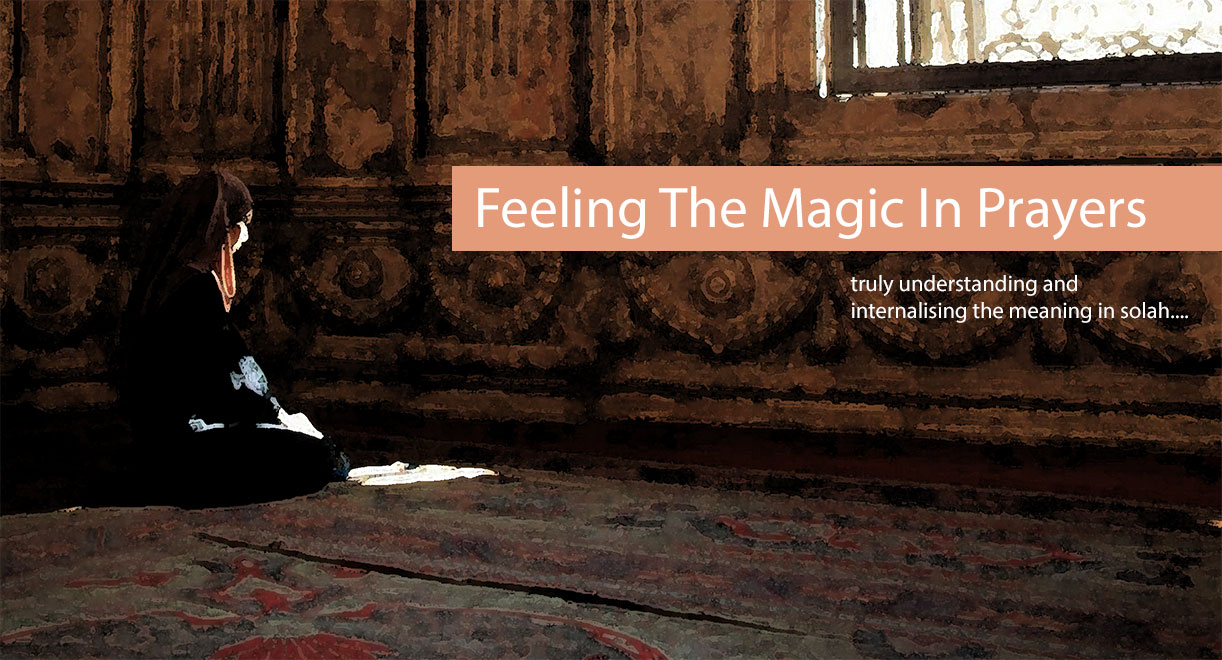When the topic of Muslim wealth and estate planning is mentioned, some may either say, “I got no wealth, how can I plan?” or they may say the opposite,” I have enough wealth so got all things covered. No need to plan”. But do you know that if you have no wealth, all the more you should create it for the sake of yourself if not for your love ones. Even if we have nobody, we would not want to be a burden to someone if the worst happens. And when we do have wealth, are we aware of the implications of our civil & syariah laws upon death? Have we made provisions for our worldly debts like our loans and mortgages? What about our hereafter debts like zakat? How then can we give more to our creator, Allah s.w.t or contribute back to our community?
Everyday issues like wealth and estate management sometimes could be misled and at times our religion is often misunderstood even by ourselves, the Muslims. For example, are we aware that sometimes the civil and syariah laws clash? Some of us are probably bogged down by family disputes over estate distribution after a death in the family, widows bearing the guilt of faraid distribution from her deceased husband’s estate, the ignorance of rights of a wife for her ‘harta sepencarian’(matrimonial asset) and the injustice segregation of wealth to the rightful beneficiaries of the deceased.
Therefore how do you ensure the civil and syariah laws work in harmony for us? Can family disputes be avoided when it comes to wealth segregation? How do you protect the rights of a spouse for shelter and maintenance even after the second half’s demise? And how do we make sure to protect the dignity of our family from debt creditors when we are not around?
These issues in the Muslim community come from the lack of understanding of wealth planning, estate planning, faraid and the existence of other tools in Muslim estate planning. More often than not, the lack of education & knowledge is the one that is hindering us to move forward.
There are always new ideas and solutions to old problems. We are therefore held responsible not only for what we do but for what we do not do. While nothing changes until something moves, what does it take for a Muslim to change their mindset about wealth, estate and debt management? Only time will tell. And time is the only commodity that we can’t get more of. We can always work harder for more money, replace old things for new, but we can’t add a single minute to our lives when death approaches and we have not plan it right.
 |
Written by: Melindah MJ [email protected] http://www.barikainsan.com Muslim Wealth Management Consultant Contact 96494149
|
If you would like to join us as a writer or have enquiries on Thalatha Scoop, send your questions or articles to [email protected].








